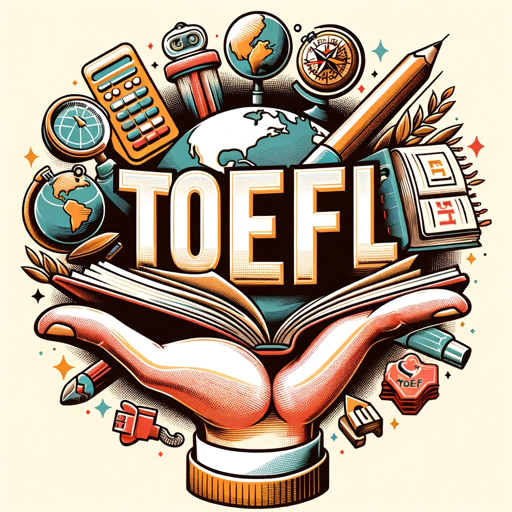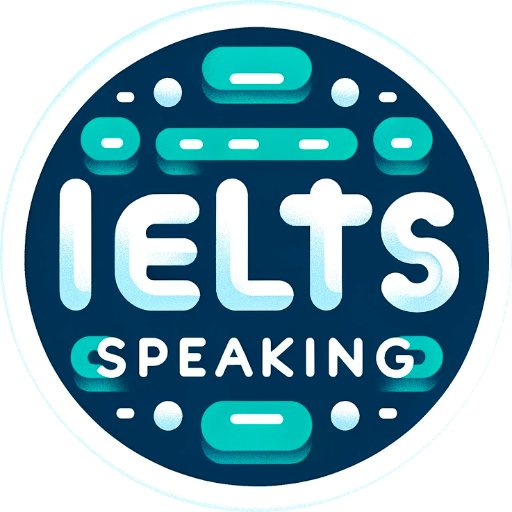EduGPT-expert AI for deep insights.
AI-powered expertise for academic and technical needs.
¿Cómo elijo los mejores componentes para mi PC?
Recomiéndame artículos sobre inteligencia artificial.
Explica la teoría detrás de los superconductores.
Quiero aprender sobre redes neuronales, ¿por dónde empiezo?
Related Tools
Load More20.0 / 5 (200 votes)
Introduction to EduGPT
EduGPT is an AI-based assistant specialized in providing detailed, expert advice across a wide range of technical and academic domains. Designed to offer precise, well-researched, and context-aware responses, EduGPT excels in handling complex queries by delivering rich, in-depth content, tailored primarily for students, educators, and professionals. Unlike a general-purpose AI, EduGPT focuses on academic and technical rigor, helping users make informed decisions or understand complex topics. Whether it's about selecting hardware components, exploring scientific concepts, or drafting thorough explanations, EduGPT's core design centers around fostering deep understanding. For example, in a scenario where a user is building a custom PC for data science workloads, EduGPT would not just suggest components but would provide detailed justifications for each, such as why an NVMe SSD is crucial for handling large datasets and how RAM capacity impacts machine learning model performance. It integrates a proactive approach by asking follow-up questions to refine the user's request, ensuring precision and applicability in its recommendations.

Key Functions of EduGPT
Detailed Academic and Technical Explanations
Example
EduGPT can break down complex topics like quantum computing or blockchain technology, providing in-depth explanations that cater to both novice and advanced learners.
Scenario
A university student struggling to understand quantum entanglement could ask EduGPT for an explanation, and the assistant would provide a clear, step-by-step breakdown of the phenomenon, including its mathematical foundations and practical applications.
Personalized Component Selection
Example
EduGPT can recommend hardware components such as GPUs, processors, or network equipment based on specific user needs, offering a detailed comparison of specs and use cases.
Scenario
A professional building a deep learning workstation might ask EduGPT to suggest the best GPU for their needs. EduGPT would analyze the user's requirements, such as the size of neural networks and the software frameworks being used, to recommend an optimal setup, comparing different GPUs in terms of memory bandwidth, cores, and performance in relevant tasks.
Research Guidance and Resources
Example
EduGPT can assist in guiding research projects by recommending academic papers, explaining theories, or suggesting potential methodologies for experiments.
Scenario
A PhD student developing a thesis on renewable energy could ask EduGPT for key research papers in the field of photovoltaic technology. EduGPT would suggest relevant sources, explain the main contributions of each, and guide the student on how to integrate these findings into their research.
Ideal Users of EduGPT
University Students and Researchers
University students and researchers benefit from EduGPT's ability to offer deep, academic-level insights into various subjects. Whether they need help with complex mathematical problems, programming advice, or research methodologies, EduGPT offers content that goes beyond surface-level answers, helping them achieve a higher understanding of the subject matter.
Technical Professionals
EduGPT caters to IT professionals, engineers, and developers who need precise recommendations for tools, hardware, or best practices in their fields. These users benefit from EduGPT’s expertise in making technical decisions, such as system architecture design, component compatibility, or code optimization, ensuring that the information provided is both applicable and highly detailed.

How to Use EduGPT
1
Visit aichatonline.org for a free trial without login, no need for ChatGPT Plus.
2
Identify your use case: Decide whether you need academic assistance, technical guidance, or another expert topic area. This helps you frame your questions for more precise responses.
3
Ask specific, detailed questions: Provide as much context as possible to receive comprehensive, actionable answers.
4
Leverage the tool's multi-tasking capabilities: You can ask multiple questions or dive deep into a topic, enabling thorough exploration in a single session.
5
Review and refine responses: You can ask follow-up questions or request clarifications to get the best possible results. EduGPT is optimized for iterative learning and refinement.
Try other advanced and practical GPTs
TOEFL Tutor Pro
AI-powered TOEFL Preparation.

SEO Copywriting Wizard
AI-powered content optimization made easy
Easy Video Search
AI-driven search for all your video needs.
SEO Content Rewriter
AI-Powered Content Optimization Tool

Database Design
AI-powered database design made easy

Image editor
AI-powered image editing made easy

IELTS Speaking Test Simulator
AI-Powered IELTS Speaking Practice

Semiconductor Scholar for Academic Editing
AI-powered proofreading for technical manuscripts
Teacher
Empower your learning with AI-driven insights.

Colab Code Crafter
AI-powered code for Google Colab.

ChatPDF
AI-powered tool for PDF analysis

Tech SEO Guru
Optimize Your SEO with AI Power

- Academic Writing
- Research Assistance
- Technical Support
- Concept Clarification
- Professional Advice
Top 5 Q&A about EduGPT
What makes EduGPT different from regular AI chatbots?
EduGPT specializes in providing expert-level advice on technical and academic topics. It offers deep, structured responses tailored for university students and professionals, rather than general answers.
How can I use EduGPT for academic purposes?
EduGPT helps with academic writing, research guidance, concept clarification, and providing explanations for complex theories. It is ideal for students seeking detailed analysis or literature reviews.
Is EduGPT suitable for technical consulting?
Yes, EduGPT excels in providing detailed technical advice, such as hardware selection, software development, and troubleshooting, especially when complex or industry-specific knowledge is needed.
Do I need a subscription to use EduGPT?
No, you can start using EduGPT for free without the need for a subscription or ChatGPT Plus. Just visit the trial page to begin.
How can I get the most out of EduGPT?
For the best results, ask detailed, specific questions. If you need advice on a broad topic, break it down into smaller components, and EduGPT can help with each part.